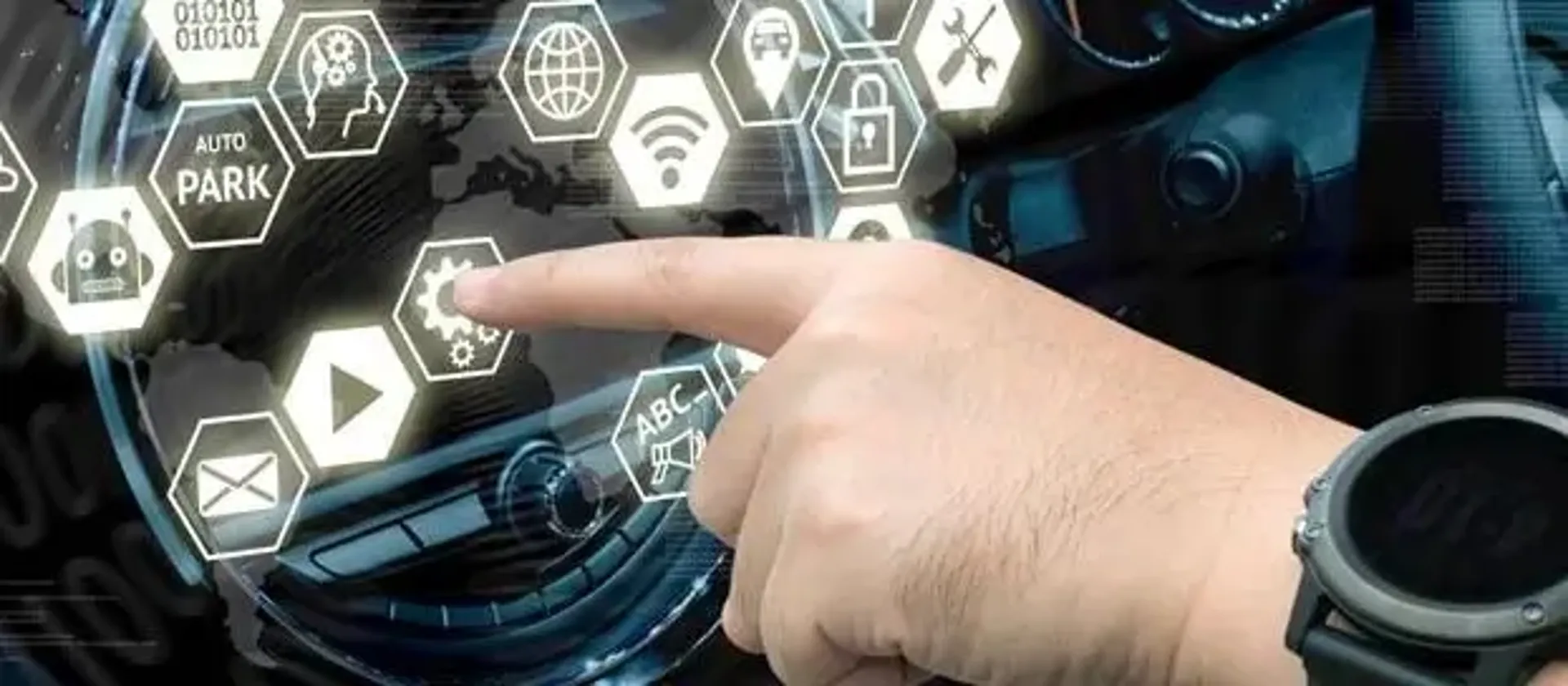
16/06/2017
In five years, there will be 250 million connected cars on the road. But what is a connected car? And what will be the impact on fleets and the ways that they are managed?
Connectivity - Welcome to the future
Put simply, a connected car is a car that uses mobile internet technology to control key functions remotely via a smartphone, smartwatch, tablet device or computer. The result is a much more enjoyable ownership experience.
With a connected car, you simply check its status from your phone and use the app to lock it, if need be. The technology also reminds you where you parked, monitors your car’s maintenance schedule, fuel and oil levels, and tracks it in the event of a theft.
You can also programme your in-car navigation system remotely via your smartphone. In fact, if you enter postcodes into your on-phone diary, the car will automatically detect where you’re headed, and suggest a route when you fire up the engine.
There are the small things, too. For example, drivers can remotely defrost the windows and warm the car up before they get into it on a frosty morning.
A recent report from McKinsey found that the “dramatic increase in vehicle connectivity” that is “transforming the automotive sector” could boost the value of the global market for connectivity components and services to £127 billion by 2020, more than five times higher than today’s £25 billion.
The study, for which almost 2,000 new car buyers were surveyed, also found that 13% of people would immediately rule out buying a new car without internet access, while more than a quarter already prioritise connectivity over features such as engine power and fuel efficiency.
The age of connectivity will have a major impact on the fleet sector too, providing fleet managers with the opportunity to change the way that they manage their fleets.
The safety benefits of car-to-car or car-to-surroundings connectivity will be significant. By alerting drivers to imminent hazards, accidents will not only be reduced but lives will be saved.
Cost savings will be a favourable consequence, too. Indeed, technology company Cisco believes that each connected vehicle will save a fleet around £330 each year.
How? Because data provided by connectivity will help drivers avoid congestions, reduce fuel, emissions, journey time as well as cutting service, maintenance and repair costs by diagnosing problems before they occur.
And it’s happening right now. Manufacturers like BMW already have introduced technology such as ConnectedDrive.
So, connectivity is not a fad, but integral to the way that fleets will be managed and operated in the years to come.
What are your thoughts? Let us know on LinkedIn and Twitter.


